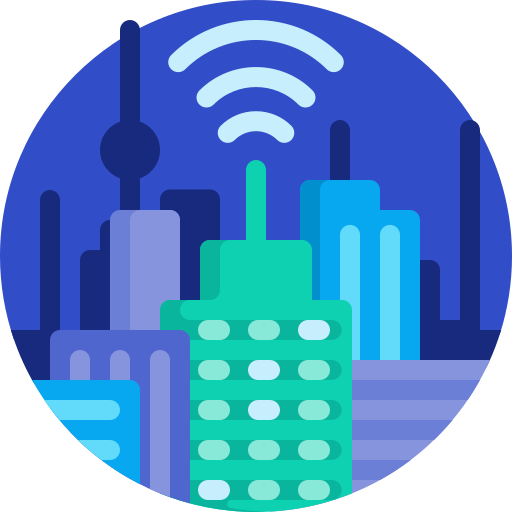- The Role of IoT in Green Living
- CityVerve Project: Pioneering Sustainable Solutions
- Advantages of IoT for Green Living
- Sustainable Initiatives in Manchester
- The Way Forward: IoT and Sustainability
The concept of IoT (Internet of Things) has been revolutionizing various aspects of our daily lives, and one of the most significant areas where IoT is making a remarkable impact is in fostering green living and sustainability. In cities like Manchester, the CityVerve project is at the forefront of leveraging IoT technologies to power sustainability initiatives. This innovative approach is not only enhancing urban efficiency but also promoting environmental consciousness among residents. Let’s delve deeper into how IoT, through projects like CityVerve, is transforming Manchester into a greener, more sustainable city.
The Role of IoT in Green Living
In the context of sustainability, IoT plays a crucial role in monitoring and managing energy consumption, waste management, transportation systems, and overall environmental impact. By connecting various devices and systems through IoT networks, cities like Manchester are able to collect real-time data and gain valuable insights to optimize resource usage and streamline operations. This data-driven approach enables better decision-making and empowers city officials to implement targeted interventions to reduce carbon footprint and promote eco-friendly practices.
CityVerve Project: Pioneering Sustainable Solutions
CityVerve is a pioneering project in Manchester that aims to create a smart city environment by integrating IoT technologies into different aspects of urban life. From smart energy management systems to intelligent transportation solutions, CityVerve is leveraging IoT to enhance sustainability and improve quality of life for residents. By deploying sensor networks, data analytics, and real-time monitoring tools, CityVerve is transforming Manchester into a living laboratory for sustainable innovation.
Advantages of IoT for Green Living
The adoption of IoT technologies in promoting green living offers a plethora of benefits. By enabling data-driven insights and predictive analysis, IoT facilitates the identification of energy wastage, optimization of resource utilization, and implementation of energy-efficient practices. Additionally, IoT solutions help in reducing greenhouse gas emissions, enhancing air quality, and promoting sustainable modes of transportation. Overall, IoT plays a catalytic role in driving positive environmental outcomes and fostering a culture of sustainability in urban settings like Manchester.
Sustainable Initiatives in Manchester
Manchester is embracing sustainable initiatives across various sectors, including energy, transportation, waste management, and urban planning. By leveraging IoT technologies, the city is able to implement innovative solutions such as smart street lighting, automated waste collection systems, electric vehicle charging infrastructure, and intelligent public transportation systems. These initiatives not only contribute to reducing environmental impact but also create a more livable and resilient city for its residents.
The Way Forward: IoT and Sustainability
As IoT continues to evolve and expand its footprint in urban environments, the potential for driving sustainability initiatives is immense. By fostering collaborations between government entities, technology providers, businesses, and community stakeholders, cities like Manchester can harness the power of IoT to achieve their sustainability goals. From reducing energy consumption to promoting renewable energy sources, IoT serves as a catalyst for creating greener, more sustainable cities that prioritize environmental stewardship and ecological balance.
In conclusion, the intersection of IoT and green living in cities like Manchester exemplifies the transformative power of technology in promoting sustainability. Through initiatives like CityVerve, Manchester is paving the way for a more eco-conscious and resilient urban landscape. By harnessing the capabilities of IoT to monitor, analyze, and optimize resource usage, cities can embark on a path towards a sustainable future where technology serves as an enabler for environmental stewardship and responsible living.



